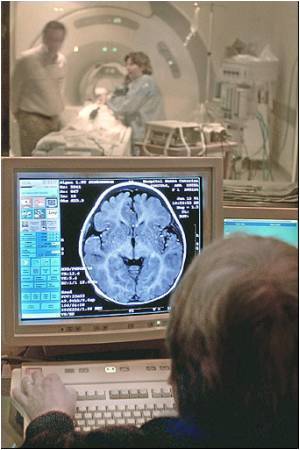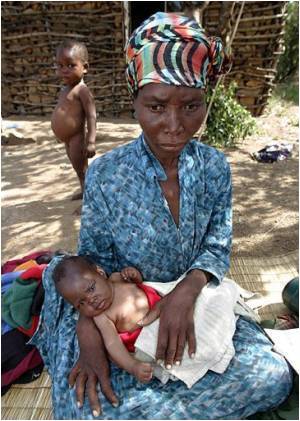
"This research sheds light on how babies who are exposed in the womb to excessive levels of stress hormones, known as glucocorticoids, can pass on the health effects to their own children, and how the effects vary between mothers and fathers," said Amanda Drake, a senior clinical fellow at the University of Edinburgh in Scotland.
The study explains that excess glucocorticoid exposure of the foetus can lead to reduced birth weight and raise blood pressure later in life in animals and humans.
"This has led to the concept of foetal programming, suggesting that the environment experienced in the womb can affect development, resulting in an increased risk of later disease. This increased disease risk can be passed to the next generation," Drake added.
Drake and colleagues used a rodent model of early life programming, studying the effects of glucocorticoid overexposure during the last week of gestation.
They studied the effects on the directly exposed offspring and on their offspring. The results showed that the low birth weight induced by prenatal exposure to dexamethasone transmitted to a second generation through both male and female rats.
Advertisement
It was observed that in the first generation, glucocorticoid overexposure in the womb affected genes in the liver of the foetus and in the placenta.
Advertisement
The study will be presented at The Endocrine Society's 93rd Annual Meeting in Boston.
Source-ANI









